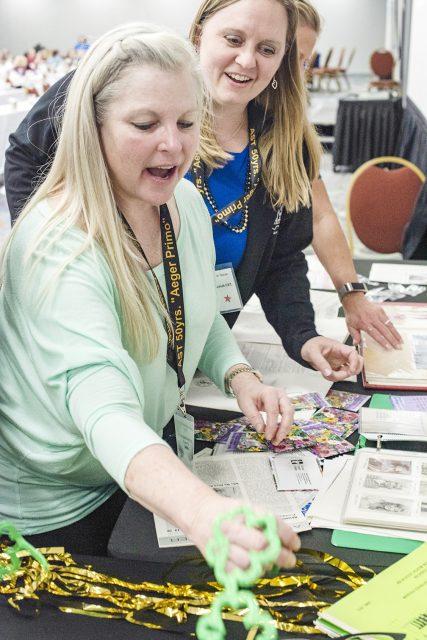 Zoos intend to educate people on animals and their habitats, but they may be doing more harm than good.
Zoos intend to educate people on animals and their habitats, but they may be doing more harm than good.
Animals aren’t meant to be held in captivity. It forces them to adapt to a new habitat that is nothing like their own. This is especially the case with oceanariums like SeaWorld.
Sea creatures are used to the great expanse of the ocean, but at SeaWorld, they are held captive in small tanks. This is proven to cause depression and premature death among their animals.
Keeping animals captive can also breed aggression, and they may lash out at zookeepers or visitors. The most well-known example is the gorilla Harambe, who was shot after attacking a child who fell into his enclosure.
Some zoos allow visitors to interact with the animals or watch them do tricks, which is another factor for their aggression.
Animals are often treated cruelly in order to teach them tricks with zookeepers using cattle prods to keep them in line.
Zoos also get overcrowded and have less than ideal conditions for the animals. Studies have shown that animals in zoos are more likely to die prematurely.
An argument is that zoos work to conserve extinct species and later reintroduce them into the wild. But zoos will make no effort to protect the hundreds of natural habitats that are destroyed every day.
There’s nothing stopping companies from bulldozing over their homes to make buildings after animals are removed from their habitats.
People can learn about animals just fine through documentaries or public service announcements. There’s no requirement to have the animals there in front of them.
The treatment of animals extends beyond the U.S. and is a global issue. Recently, a zoo in Plymouth, England, was condemned for charging visitors to play tug-of-war with its lions.
Animals deserve the same amount of respect as humans, which means not ripping them out of their homes and forcing them to “entertain” us.

































